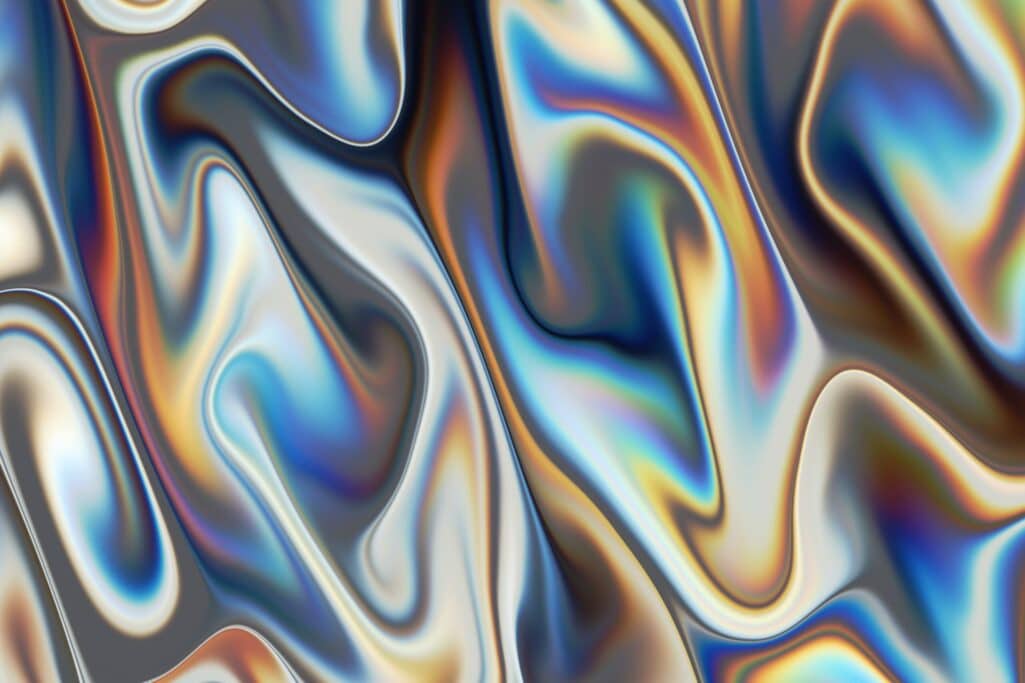In July 2019, Governor Cuomo signed a bill into law making revenge porn a crime in New York state. The law, which takes effect on September 21, 2019, says:
- Offenders can get up to a year in jail.
- Offenders can be fined up to $1000.
- Victims can sue the perpetrator for money.
- Judges can order both offenders and websites to take content down.
- Victims can file for workplace harassment if the offender was a colleague or if they were terminated because of revenge porn. Employers can be required to make reasonable accommodations for victims.
- Landlords can’t discriminate based on tenants being victims.
This is a HUGE step forward for New York state (we were one of the last states to pass revenge porn legislation in the nation).
But New York City residents are wondering: what does this mean for me?
In 2017, the New York City law criminalizing revenge porn took effect, meaning that residents of New York City were already somewhat protected by the time the state bill passed. However, the state-wide law does include a significant provision that will help NYC victims.
Even though the city bill defines nonconsensual pornography similarly, carries the same criminal penalty, and allows victims to sue their offenders, the state law goes further by empowering judges to order websites and offenders to take content down.
Of the 46 states with revenge porn laws, New York is the first to add this provision!
The opportunity to get intimate images and videos the *%$# off the internet is extremely important because with NCP, speed is key. The longer they pics stay up, the more they can are viewed, shared, screenshotted, downloaded and bumped-up the victim’s search results.
It’s also a big deal because it nudges at Section 230 of a federal law called the Communications Decency Act (you might have heard us refer to it as the CDA230 or – more frequently – The %$#&*!& CDA230) which protects internet service providers from liability for content that users post.
Since the CDA230 first took effect in 1996, the courts have been interpreting it so broadly that it has essentially given Big Tech immunity from being held accountable for not building basic safety features in to their dangerous products. It has also prevented victims from seeking justice when websites allow users to, amongst other things, upload non-consensual pornography or images of them being sexually abused.
Although the New York revenge porn law explicitly states that it does not intend to limit the protections given to internet service providers under CDA 230, the clause empowering judges to order sites to take content down is new and exciting territory.
It isn’t alleging liability (and New York doesn’t have any case law saying this is covered by CDA230), but it sends a strong message to Toxic Big Tech that we have some rights over, y’know, images of our naked genitals.
If you have been a victim of revenge porn and want to talk about your legal options, contact us at 646-666-8909 or through our online submission form.
Sign up to our Newsletter and follow us on Facebook, Twitter, and Instagram to stay up to date with important news as it breaks!




